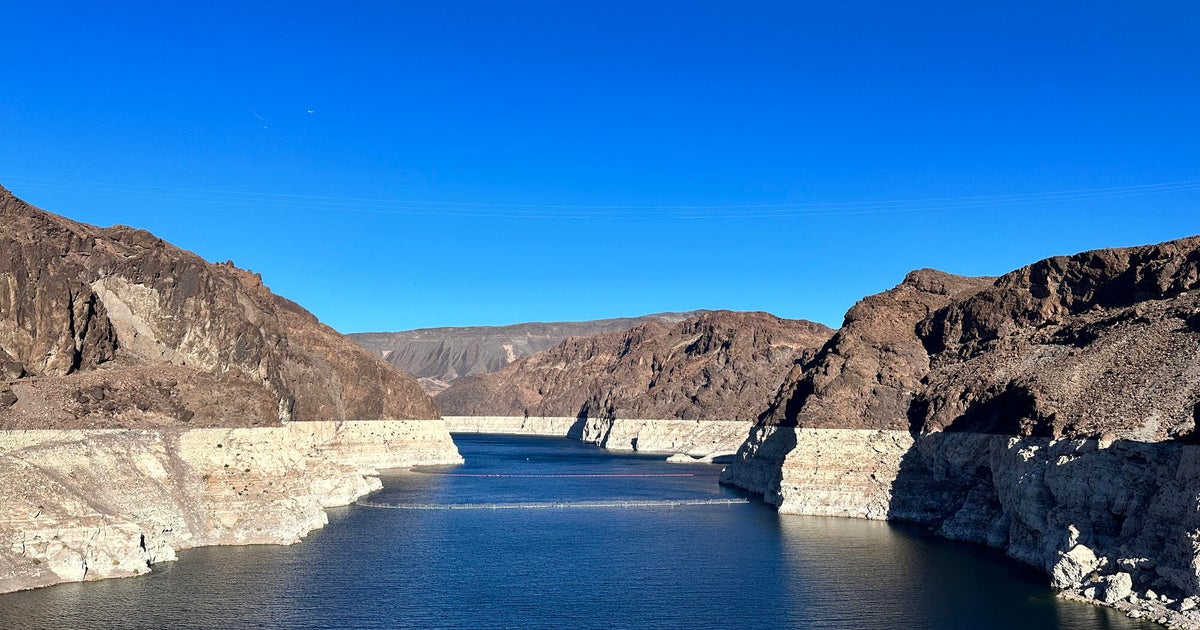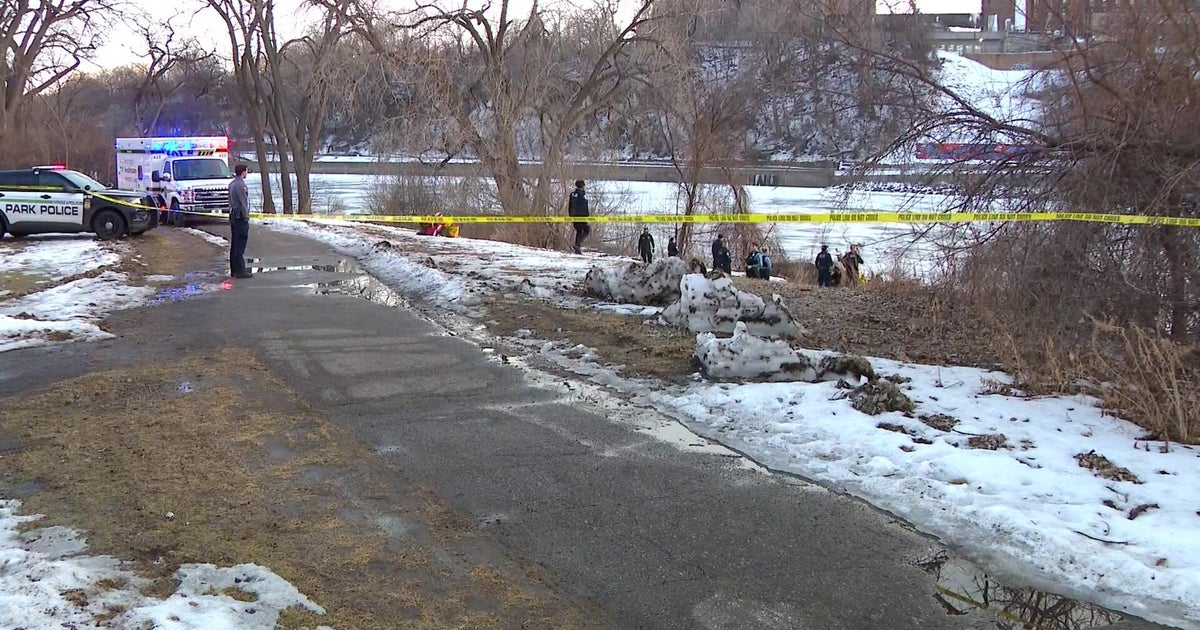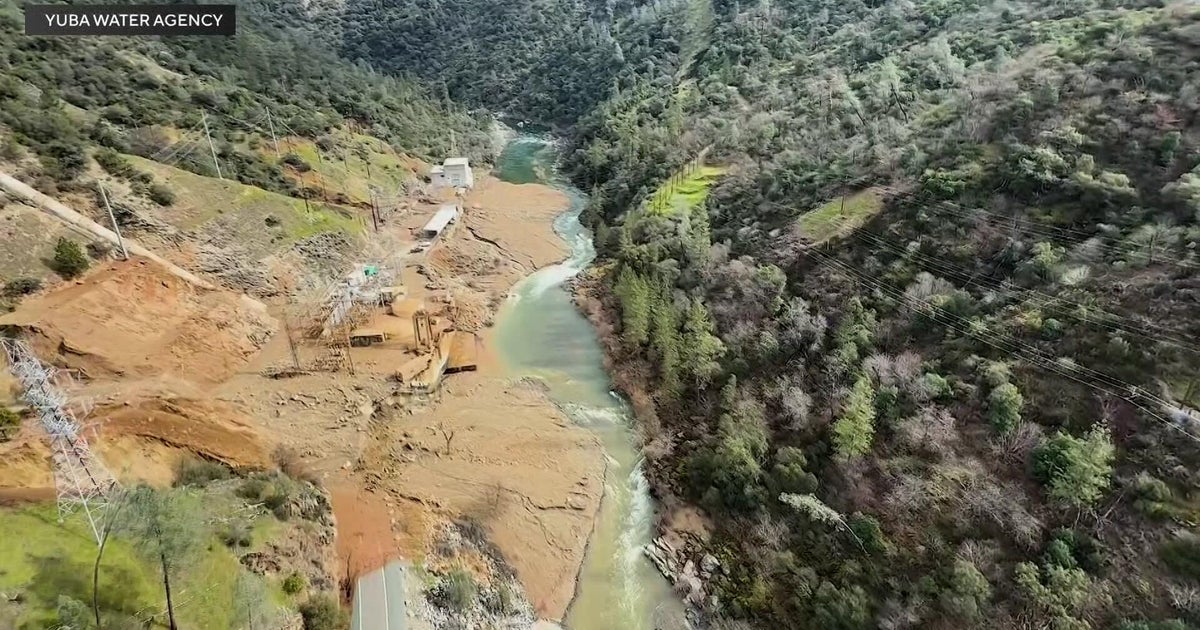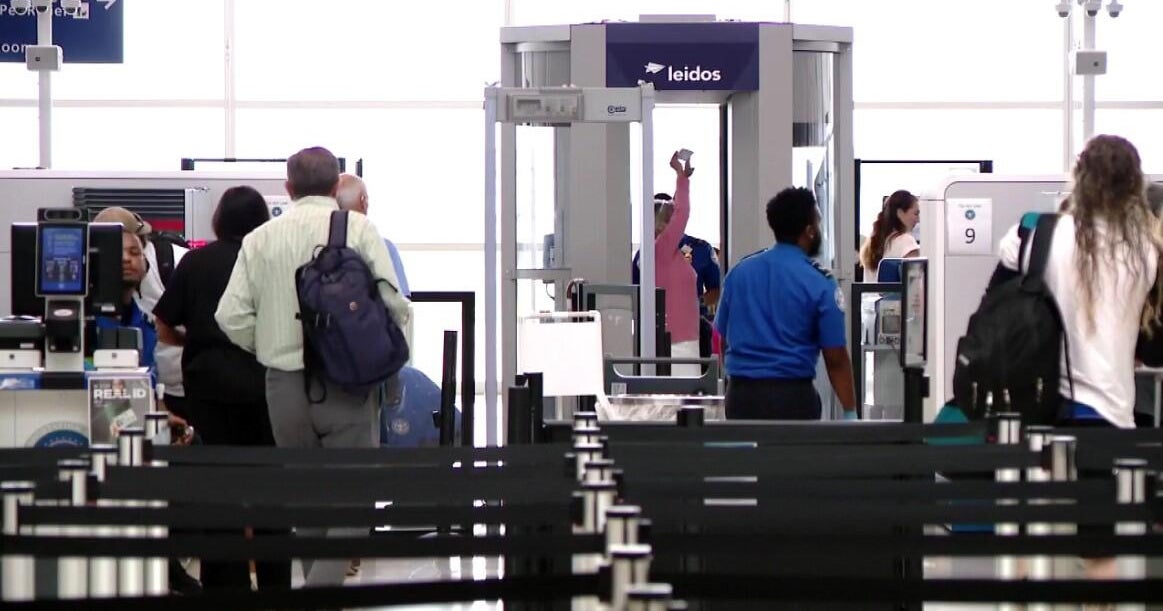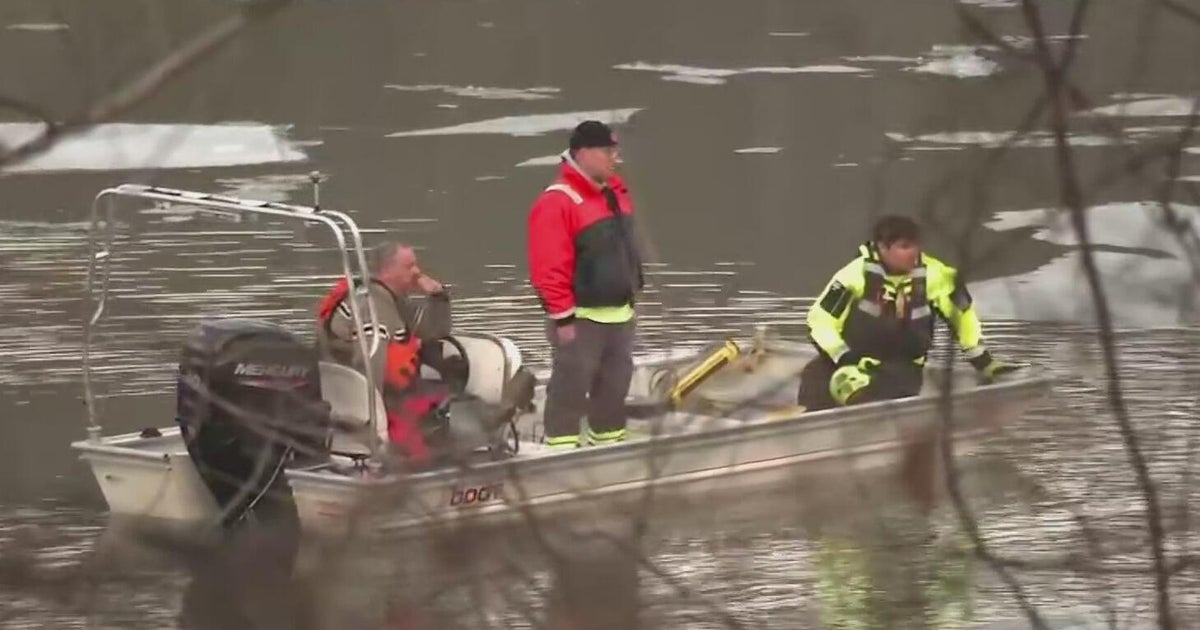State Leaders Attending Summit On Asian Carp
ST. PAUL, Minn. (WCCO/AP) -- Minnesota's state leaders are spending Wednesday focusing on a major threat to the state's tourism industry.
It's the possible invasion of Asian Carp, a destructive fish, in Minnesota waterways. If left unchecked, they're known to eat up the food supply in the water and kill off native species.
A new government study says live Asian carp don't have to be present for their DNA to turn up in the environment.
The report released Wednesday by three federal agencies identifies six other ways that genetic material from bighead and silver carp might have reached waterways in the Chicago area and western Lake Erie.
It says the DNA may have come from storm sewers, fisheries sampling gear, fish-eating birds, dead fish carcasses, barges and sediments. The report says carp DNA from those sources could remain in place for several days.
Asian carp DNA has been found in dozens of water samples beyond an electric barrier meant to prevent the invasive fish from reaching the Great Lakes, where scientists say they could destabilize ecosystems and out-compete native fish for food.
We've learned two Asian Carp were caught in one net in the Mississippi River near Winona. A summit is taking place at the State Capitol on Wednesday to come up with a process as to how to move forward to stop the spread of the invasive species across Minnesota.
Creating a sense of urgency is a photo that's circulating of two fishermen who caught an Asian Carp in Winona earlier this week. They've been caught in Winona before, but two were caught in one net this week.
Gov. Mark Dayton led Wednesday's discussion on possible state and federal solutions to the issue. State lawmakers and members of the U.S. Army Corps of Engineers were also at the summit along with the Minnesota Department of Natural Resources and a few Coast Guard officials.
They discussed new technology like a sound bubble barrier and new electric barriers as deterrents along the Mississippi River. Some officials say the only solution is to close locks like at St. Anthony Falls to prevent the Asian Carp from swimming upstream.
"This is of critical importance that we act soon. We should have acted two years ago. We have not used our time as effectively as we should," said Whitney Clark with the Friends of the Mississippi River Runs. "There have been some political disagreements, but I think we have come to the consensus though that this is really urgent."
Officials said they don't think it's possible to come up with a solution that would be implemented this year, creating an even greater sense of urgency to come up with a plan. It would likely have to wait until 2014.
Like last year, there's also a push for federal legislation that would close the Minneapolis locks, but that didn't make much progress last year.
While it's clear lawmakers and officials want to move forward, how they actually will remains uncertain.
(TM and © Copyright 2013 CBS Radio Inc. and its relevant subsidiaries. CBS RADIO and EYE Logo TM and Copyright 2013 CBS Broadcasting Inc. Used under license. All Rights Reserved.This material may not be published, broadcast, rewritten, or redistributed. The Associated Press contributed to this report.)
